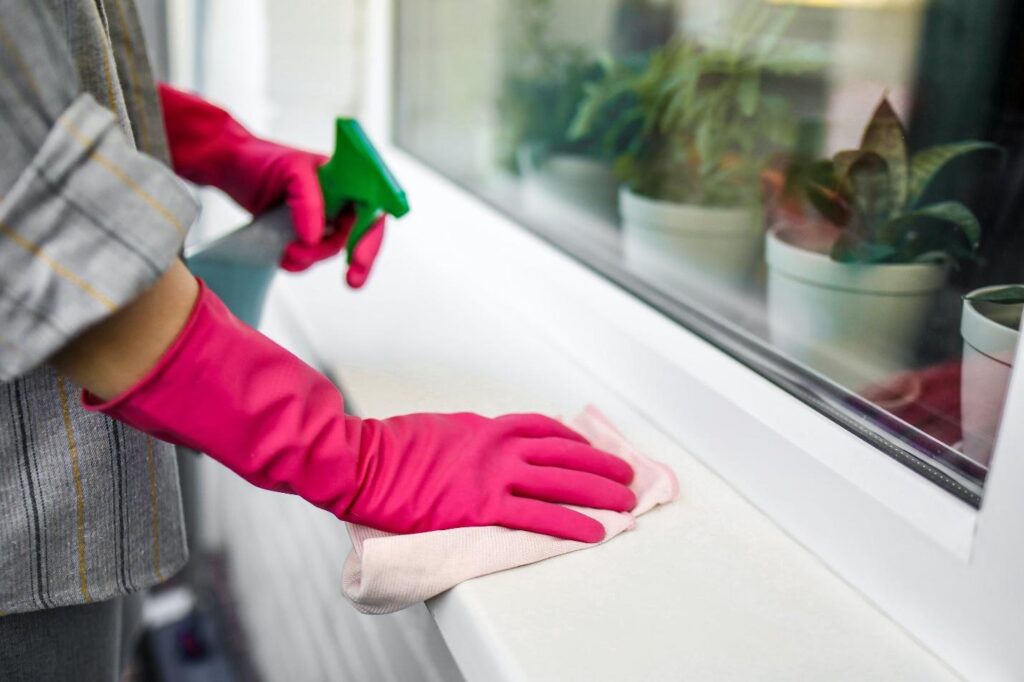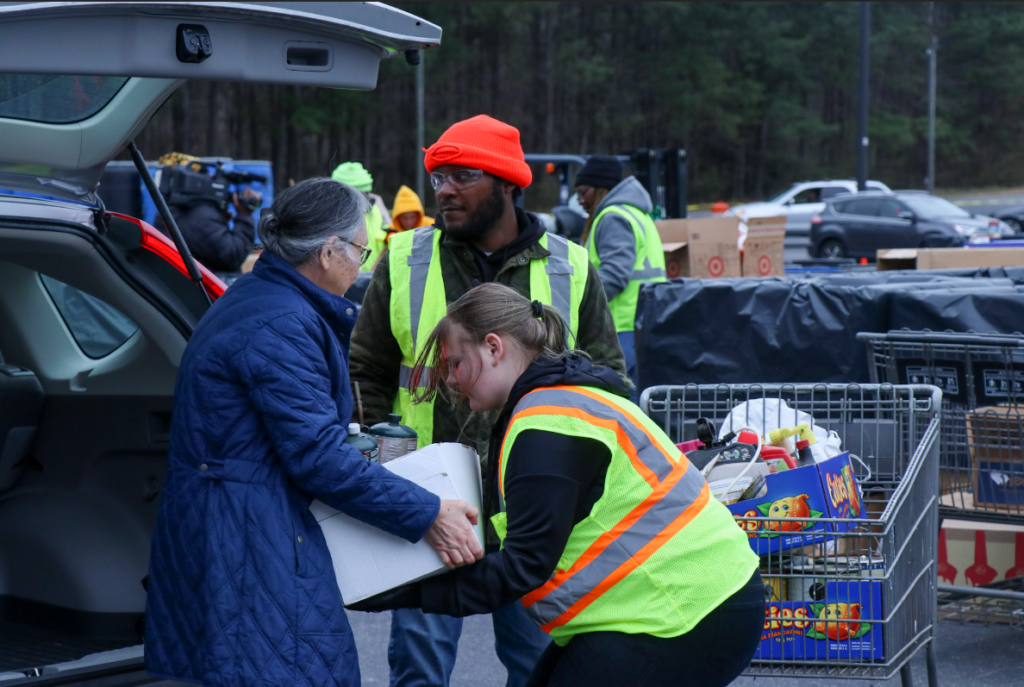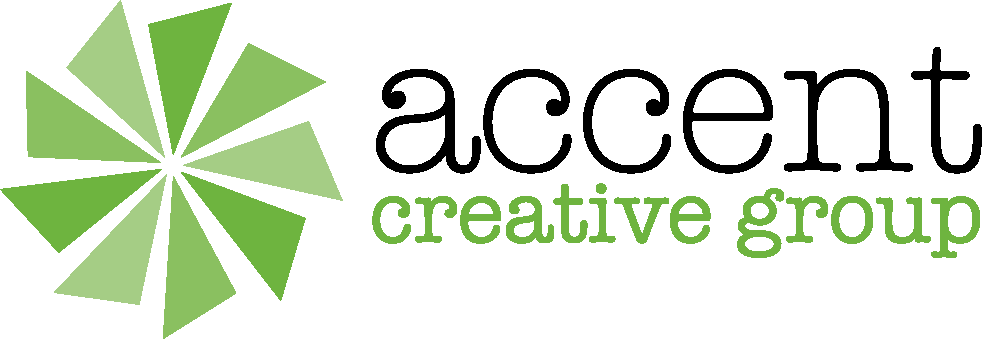
When you have a need – like something to remove baked-on food from your oven or prevent your engine from freezing in cold weather, you go to the store and purchase the solution. What you may not realize is that you are bringing something into your home that will one day be deemed as “household hazardous waste”?
What Is Household Hazardous Waste?
The Environmental Protection Agency defines household hazardous waste (HHW) as “leftover household products that can catch fire, react, or explode under certain circumstances, or are corrosive or toxic.” Because of their flammable, combustible, and/or harmful nature, these items should never be poured down a drain or onto the ground where they could pollute our waterways. They should also never be thrown in the trash where they have the potential to start a fire, explode in the garbage truck, or seep into the ground at the landfill.

What Are Some Examples of Household Hazardous Waste?
- Aerosol/spray pesticides
- Automotive products (engine degreaser, brake fluid, transmission fluid, antifreeze, etc.)
- Cleaners, corrosives, spot removers, acids and bases
- Aerosol/spray paint
- Auto batteries
- Batteries (household and rechargeable)
- Chlorinated solvents
- Cooking oil and grease
- Fire extinguishers
- Flammables (lighter fluid and waste fuels (kerosene, gasoline, diesel fuel, etc.)
- Fluorescent bulbs and ballasts
- Insecticides
- Latex and water-based paints
- Lawn care products
- Mercury
- Mercury salts and elemental mercury thermometers
- Oil-based paint and stains
- Oxidizers
- Pesticides
- Poisons
- Propane cylinders
- Solvents and varnishes
- Thermostats and other mercury-containing items
- Thinners and paint strippers
- Weed killer
- Wood preservatives
What is Gwinnett County Doing to Help Neighbors Rid Their Homes of HHW?
Twice a year – typically on a Saturday in February and July, Gwinnett Clean & Beautiful and our partners at Gwinnett County Department of Water Resources host Household Hazardous Waste Collection Days. Over the course of several hours, Gwinnett County residents line up their cars to drop off household hazardous waste that they no longer need, that is taking up space in their homes, or that has passed their expiration dates. Volunteers collect those items from their vehicles and sort them with like items for recycling or proper disposal. Traditionally held at Gwinnett County Fairgrounds, to learn when the next HHW event will be, visit https://gwinnettcb.org/events/household-hazardous-waste-collection-day/.

In the time between Household Hazardous Waste Collection Days, Gwinnett citizens are encouraged to visit the Recycling Page at GwinnettCB.org to learn about places where they can dispose of or recycle their HHW. You simply type the material in the search bar, and several locations will appear. For instance, when you type in “batteries,” places like AT&T stores, Batteries Plus Bulbs, Advance Auto Parts, Center for Hard to Recycle Materials (CHaRM), and more are revealed.
What Can I Do to Minimize the Amount of HHW in My Home?
The EPA has several suggestions for safer and more natural alternatives to commonly used household hazardous waste, such as:
- Instead of Drain Cleaner, use a plunger or plumber’s snake to clear a clog.
- Instead of Glass Cleaner, combine one tablespoon of vinegar or lemon juice in one quart of water in a sprayer.
- Instead of Furniture Polish, mix one teaspoon of lemon juice with one pint of mineral or vegetable oil and wipe the furniture.
- Instead of Rug Deodorizers, sprinkle baking soda on your carpets, wait 15 minutes, then vacuum.
- Instead of Mothballs, use cedar chips, lavender, rosemary, mint, or white peppercorns to deter insects.
The EPA offers additional information on products and alternatives that prove a Safer Choice than common HHW. When shopping, be sure to look for the Safer Choice label on household cleaning products. Visit https://www.epa.gov/saferchoice to learn more.



